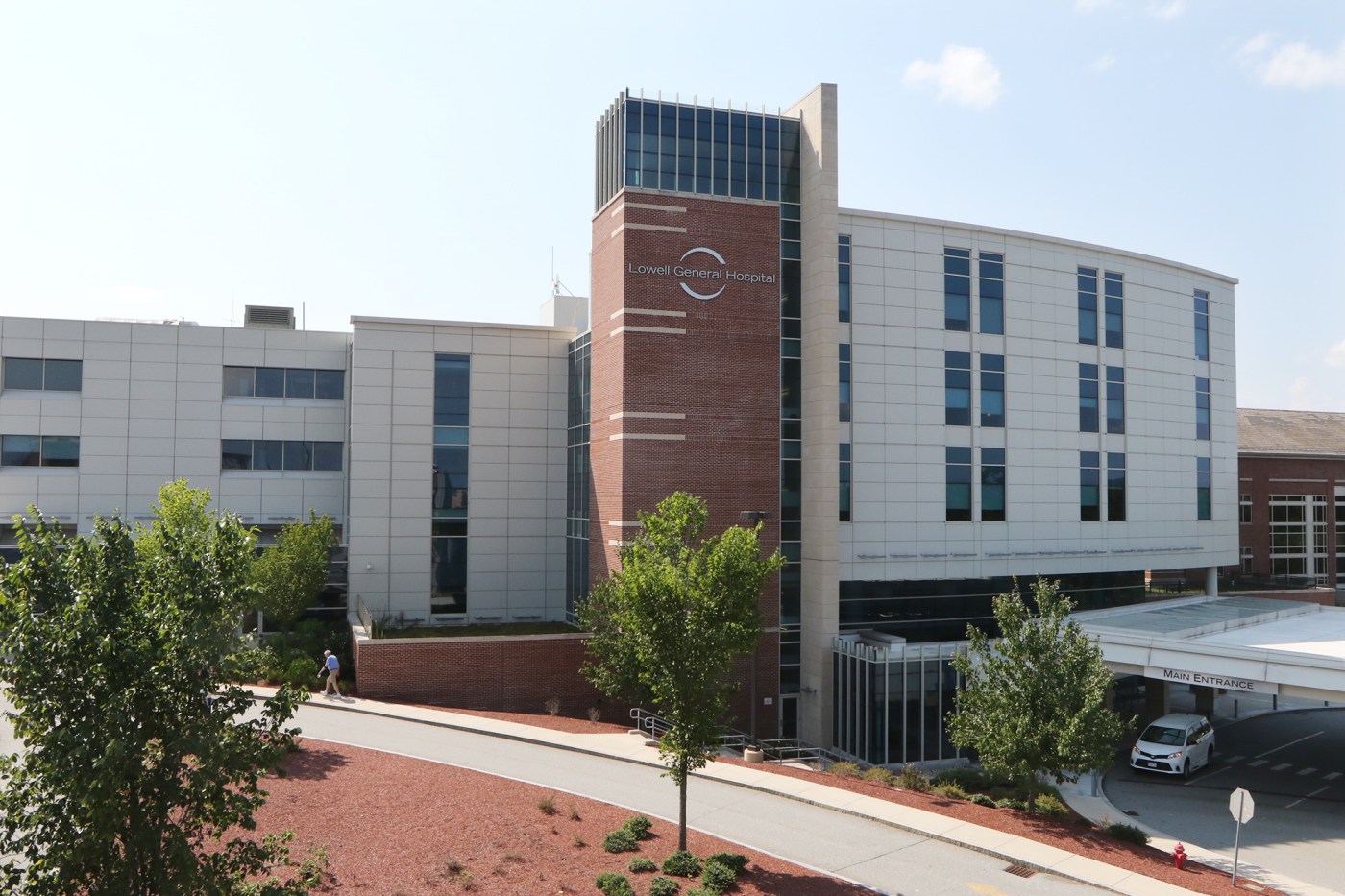Politics
Massachusetts Faces Urgent Crisis in Elder Care Services

As the United Nations observes the International Day of Older Persons this month, a pressing issue regarding elder care in Massachusetts demands immediate attention. A report from Dignity Alliance Massachusetts highlights a looming crisis as the state prepares for a significant demographic shift. Over the next decade, the population aged 85 and older is expected to grow by 40%, leading to urgent challenges in long-term care.
In Greater Lowell, residents take pride in the quality of life and healthcare services available, notably at facilities like Lowell General Hospital. Yet, when it comes to long-term care, the region is nearing a breaking point. The Dignity Alliance report, titled “Massachusetts at a Crossroads: Facing a Predictable Crisis,” emphasizes that the commonwealth lacks an actionable plan to address the impending needs of its aging population.
Many older adults and individuals with disabilities prefer to stay in their homes and communities, with over 90% expressing this desire. Despite this, funding continues to support outdated institutional models, which often do not provide adequate privacy or effective protection against diseases. The call to action is clear: resources should be redirected to home- and community-based services that promote independence and dignity.
The situation is particularly dire outside of Greater Boston. Communities in Greater Lowell are grappling with rising housing costs, insufficient funding for programs, and a shortage of caregiving staff. Residents displaced from nursing homes often find themselves relocated far from family, exacerbating emotional and logistical challenges. Low-income individuals relying on MassHealth face even more limited options.
The Dignity Alliance report suggests a comprehensive approach to develop a long-term care strategy over the next five to ten years. Recommendations include increasing investment in home care services, adult day programs, accessible transportation, and workforce support. These changes are essential for allowing people to age in place with dignity.
Improving existing facilities is also critical. The current model of large, shared-room nursing homes is outdated. There is potential for smaller, more homelike settings that can better protect residents’ privacy and enhance their quality of life. However, achieving this vision hinges on addressing the workforce crisis. Direct care workers, many of whom are women and immigrants, often face low wages and demanding workloads. Ensuring fair compensation and career advancement opportunities is essential for fostering dignity for both care recipients and providers.
There are signs of hope within the current framework. The Marsters v. Healey settlement mandates state support for nursing home residents transitioning back to community living. Additionally, the establishment of a new Office of Aging and Independence could facilitate coordination across various state agencies if granted full Cabinet-level authority. Yet, for these initiatives to succeed, they must be expedited and adequately funded, avoiding stagnation within bureaucratic processes.
In May, Governor Maura Healey issued Executive Order No. 642, directing all Cabinet departments to prioritize “age-friendly” programs, with reports due next month. However, without genuine funding and actionable plans, these initiatives may fail to meet the urgent needs of those requiring affordable housing, transportation, and healthcare services.
The decisions made in the next two years will significantly impact every family in the region. Without proactive measures, Massachusetts risks confronting a crisis as its aging population continues to grow. This challenge is not merely a financial issue; it is a moral imperative that calls for immediate action from elected officials, community leaders, and residents alike.
The time has come to invest in home- and community-based services, support fair wages for caregivers, and hold state leaders accountable for the implementation of the Dignity Alliance plan. The dignity and future of countless individuals depend on these critical steps.
-

 Lifestyle5 months ago
Lifestyle5 months agoLibraries Challenge Rising E-Book Costs Amid Growing Demand
-

 Sports4 months ago
Sports4 months agoTyreek Hill Responds to Tua Tagovailoa’s Comments on Team Dynamics
-

 Sports4 months ago
Sports4 months agoLiverpool Secures Agreement to Sign Young Striker Will Wright
-

 Lifestyle4 months ago
Lifestyle4 months agoSave Your Split Tomatoes: Expert Tips for Gardeners
-

 Lifestyle4 months ago
Lifestyle4 months agoPrincess Beatrice’s Daughter Athena Joins Siblings at London Parade
-

 Science4 months ago
Science4 months agoSan Francisco Hosts Unique Contest to Identify “Performative Males”
-

 World4 months ago
World4 months agoWinter Storms Lash New South Wales with Snow, Flood Risks
-

 Science5 months ago
Science5 months agoTrump Administration Moves to Repeal Key Climate Regulation
-

 Business5 months ago
Business5 months agoSoFi Technologies Shares Slip 2% Following Insider Stock Sale
-

 Science5 months ago
Science5 months agoNew Tool Reveals Link Between Horse Coat Condition and Parasites
-

 Sports5 months ago
Sports5 months agoElon Musk Sculpture Travels From Utah to Yosemite National Park
-

 Science5 months ago
Science5 months agoNew Study Confirms Humans Transported Stonehenge Bluestones









